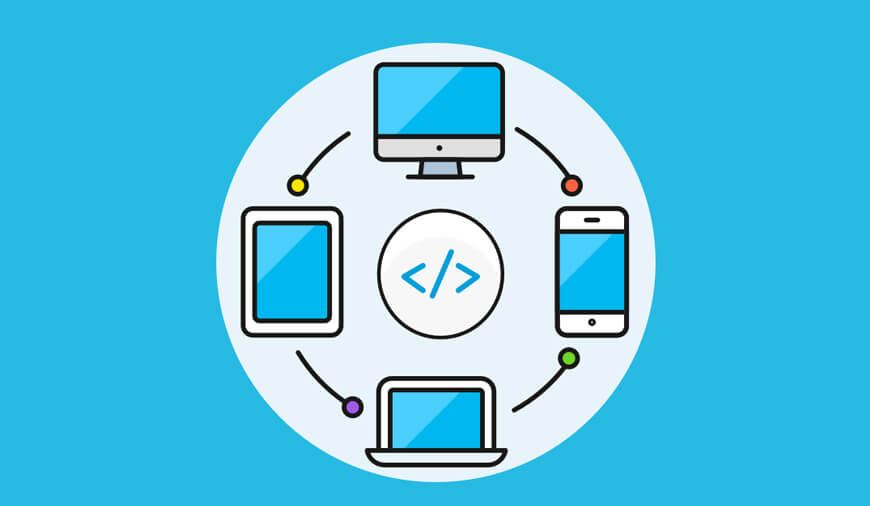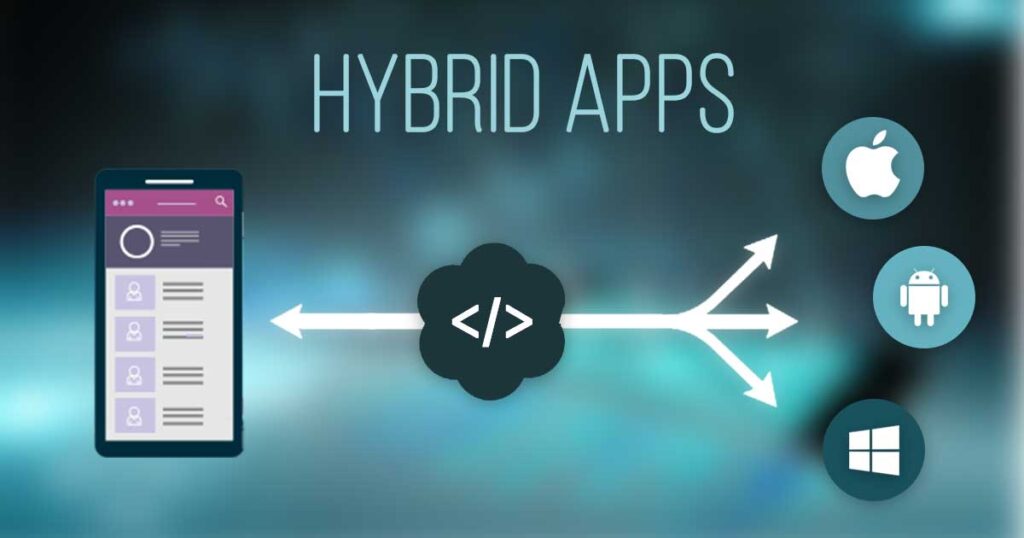
The way we interact with the world has changed as a result of mobile devices, and mobile development is now an essential component of the IT sector. The process of developing mobile applications for smartphones, tablets, and other mobile devices is known as mobile development. Developers can employ a variety of mobile development methodologies, each with a unique set of advantages and constraints. We shall examine the many forms of mobile development and their importance in the modern world in this blog article.
Native Mobile Development

Native mobile development is the process of building mobile applications for a specific operating system, such as Android or iOS. Developers use platform-specific programming languages, tools, and frameworks to create apps that are optimized for the specific platform. Native apps are known for their high performance, fast loading times, and seamless user experience.
Native apps have several advantages over other mobile development approaches. Firstly, native apps have direct access to the device’s hardware and software, which allows them to take advantage of the device’s features and capabilities, such as the camera, GPS, and accelerometer. This results in faster loading times and a more seamless user experience. Secondly, native apps can be optimized for specific devices, resulting in better performance and reliability. Thirdly, native apps can be distributed through app stores, making them easily accessible to users.
However, native app development can be expensive and time-consuming. Developers need to create separate apps for each platform, which can significantly increase the development time and cost. Additionally, native app development requires specialized skills and expertise, which may not be available in-house.
Cross-Platform Mobile Development

Cross-platform mobile development allows developers to build apps that can run on multiple platforms using a single codebase. Cross-platform development frameworks like React Native and Flutter enable developers to build high-performance, responsive apps that run on both Android and iOS platforms. Cross-platform apps save developers time and effort, as they can create apps for both platforms simultaneously.
Cross-platform apps have several benefits over native apps. Firstly, they are cost-effective, as developers can use a single codebase to create apps for multiple platforms. This can significantly reduce the development time and cost. Secondly, cross-platform apps can deliver a consistent user experience across different platforms, as they are built using a single codebase. Thirdly, cross-platform apps can be easily updated and maintained, as changes made to the codebase are reflected across all platforms. However, cross-platform app development may not deliver the same level of performance and reliability as native apps. Cross-platform apps need to run on multiple platforms, which can lead to performance issues and compatibility problems. Additionally, cross-platform development requires a specialized skill set, which may not be available in-house.
Hybrid Mobile Development

Hybrid mobile development combines elements of native and cross-platform development to create apps that can run on multiple platforms. Hybrid apps are built using web technologies such as HTML, CSS, and JavaScript, and are then wrapped in a native container that allows them to run on various platforms. Hybrid apps are cost-effective and can be built quickly, but they may not deliver the same level of performance as native apps.
Hybrid apps have several advantages over other mobile development approaches. Firstly, they can be built quickly and cost-effectively, as developers can use web technologies to create the app’s interface and functionality. Secondly, hybrid apps can be distributed through app stores, making them easily accessible to users. Thirdly, hybrid apps can be easily updated and maintained, as changes made to the codebase are reflected across all platforms.
However, hybrid apps may not deliver the same level of performance and reliability as native apps. Hybrid apps need to run on multiple platforms, which can lead to performance issues and compatibility problems. Additionally, hybrid app development requires a specialized skill set, which may not be available in-house.
Conclusion
In conclusion, mobile development is a dynamic field that offers different types of development approaches, each with its own strengths and weaknesses. Businesses need to choose the right approach based on their specific needs, budget, and target audience. Regardless of the development type, delivering a seamless and engaging user experience is paramount for success in the mobile market. With the increasing reliance on mobile devices, mobile development will continue to be a crucial factor in the success of modern businesses
